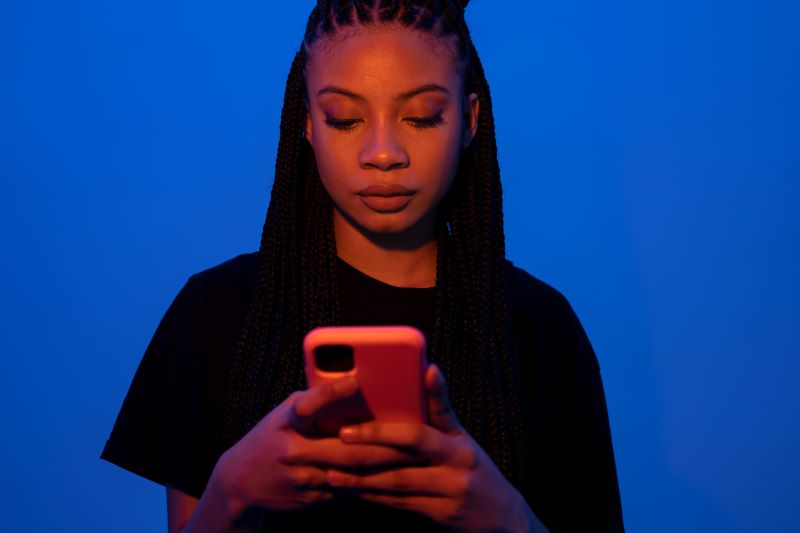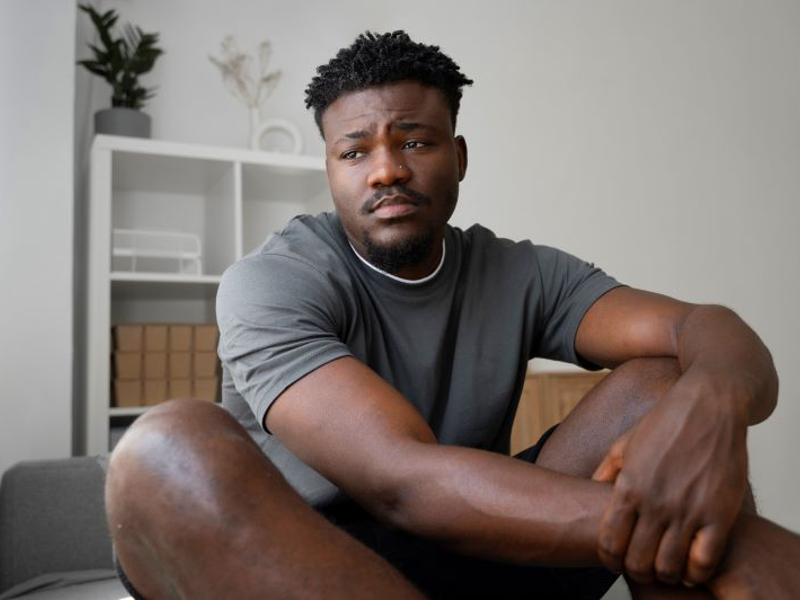
Image by freepik
Did you know, According to sources, Only 2% of psychiatrists and 4% of psychologists in the US identify as Black, making it difficult for the 13.2% of Black Americans to locate someone who resembles them for mental health services? Deaths from alcoholism, drug overdoses, and suicide—known as “deaths of despair”—occur more frequently among Black people than in White people for the first time, tripling from 36.24 per 100,000 to 103.81 per 100,000 by 2022.
In a society driven by ideas of strength, tenacity, and stoicism, the concept of vulnerability is typically overlooked, especially when discussing Black men’s mental health.
Mental health is an essential part of overall well-being. It encompasses our emotional, psychological, and social state, influencing our thoughts, feelings, and actions. Just like physical health, mental health can fluctuate throughout our lives. Periods of stress, grief, or life changes can all impact our mental well-being. Notably, mental health challenges are not a sign of weakness – they affect everyone, regardless of race, gender, or background.
Society often paints Black masculinity with a broad brush, depicting Black men as emotionless pillars of strength. This stereotype demands they endure hardship without complaint, stoically suppressing their feelings. The myth of the “strong Black man” creates a suffocating pressure to be invincible. It becomes a heavy burden, forcing many Black men to bottle up their emotions, leading to a culture of silence around mental health. This silence isolates individuals and creates a barrier to seeking help when it’s needed most.
The image of the “strong Black man” is deeply ingrained in society. It paints a picture of unwavering resilience, where Black men are expected to be the stoic anchors of their families and communities. This stereotype, while seemingly positive on the surface, carries a heavy burden. The societal pressure to be unemotional and consistently strong has a significant negative impact on the mental health of Black men. Let’s delve deeper into how these expectations manifest and the emotional toll they take.
The Roots of the Stereotype:
This stereotype has its roots in a complex history. During times of slavery and oppression, Black men were forced to endure unimaginable hardships. The ability to appear solid and unyielding became a necessary survival tactic. This outward display of strength masked the internal turmoil and emotional pain they undoubtedly experienced. Over time, this stoicism became ingrained in the perception of Black masculinity and passed down through generations.
The Pressure to be Unfeeling:
The expectation of being unemotional creates an environment where Black men are discouraged from expressing a full range of human emotions – happiness, sadness, anger, or fear. Showing vulnerability is seen as a sign of weakness, a betrayal of the “strong Black man” image. This pressure to suppress emotions can manifest in several ways:
- Bottling Up Feelings: Black men may learn to bottle up their emotions at a young age, internalizing their struggles rather than seeking support. This can lead to isolation and a disconnect from their own emotional needs.
- Difficulty Communicating: The inability to openly express emotions can make it difficult for Black men to communicate effectively with loved ones. They may find it challenging to share their feelings in romantic relationships, friendships, or even with family members. This can lead to strained relationships and a lack of support.
- Anger Management Issues: Suppressed emotions don’t simply disappear. Often, they manifest in unhealthy ways, such as anger outbursts or aggression. This can further reinforce the negative stereotype of Black men as threatening or volatile.
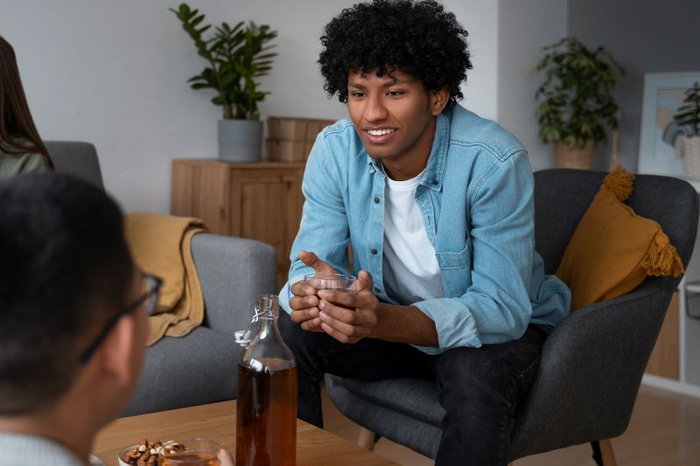
Image by freepik
The Toll on Mental Health:
The constant pressure to live up to the “strong Black man” stereotype takes a significant toll on mental health. Suppressing emotions can lead to a variety of mental health challenges, including:
- Depression: The inability to express sadness and the constant pressure to appear happy can lead to feelings of hopelessness and isolation, key symptoms of depression.
- Anxiety: Bottling up worries and fears can manifest in physical symptoms like headaches, stomachaches, and trouble sleeping.
- Substance Abuse: Some Black men may turn to alcohol or drugs as a way to cope with the emotional burden they carry.
- Suicidal Ideation: The feeling of being trapped and alone can lead to thoughts of suicide. Black men are already at a higher risk for suicide compared to other demographics, and the pressure to be assertive can exacerbate this issue.
Beyond the Individual:
The impact of the “strong Black man” stereotype extends beyond the individual. The culture of silence around mental health within the Black community discourages conversations about seeking help. This lack of open discussion prevents Black men from accessing the support they need to thrive. Furthermore, the negative stereotypes associated with Black men seeking mental health care can further discourage them from reaching out.
Vulnerability: A Sign of Strength
Contrary to the myth, embracing vulnerability is a true sign of strength. It takes courage to shed the mask of stoicism and allow yourself to be indeed seen. Vulnerability allows for authentic self-expression, the ability to express your true feelings without fear of judgment. This authenticity fosters a more profound connection not only with yourself but also with others.
Emotional Processing: The Key to Healing
Suppressing emotions doesn’t make them disappear. They fester beneath the surface, impacting your well-being in unseen ways. Vulnerability allows you to acknowledge and process your emotions healthily. By talking about your feelings – sadness, anger, fear, or joy – you can begin to understand their source and develop healthy coping mechanisms.
This emotional processing also allows for healing. Sharing your experiences with a trusted friend, therapist, or support group can be incredibly liberating. It will enable you to release the burden you’ve been carrying alone and connect with others who may have shared experiences.
Benefits of Embracing Vulnerability
The benefits of embracing vulnerability extend far beyond simply feeling better. Here are some key advantages:
- Improved Self-Awareness: By openly exploring your emotions, you better understand yourself. You can identify your triggers, recognize unhealthy thinking patterns, and develop positive coping mechanisms.
- Stronger Relationships: Vulnerability lays the foundation for deeper, more meaningful relationships. When you open yourself up to others, you create a space for them to do the same. This fosters trust, intimacy, and a sense of genuine connection.
- Greater Empathy: Vulnerability allows you to connect with others more deeply. By sharing your struggles, you open yourself up to understanding the struggles of others and fostering empathy within your relationships.
- Ability to Seek Help: The courage to be vulnerable empowers you to seek help when needed. It allows you to acknowledge that you’re not alone and that seeking support is a sign of strength, not weakness.
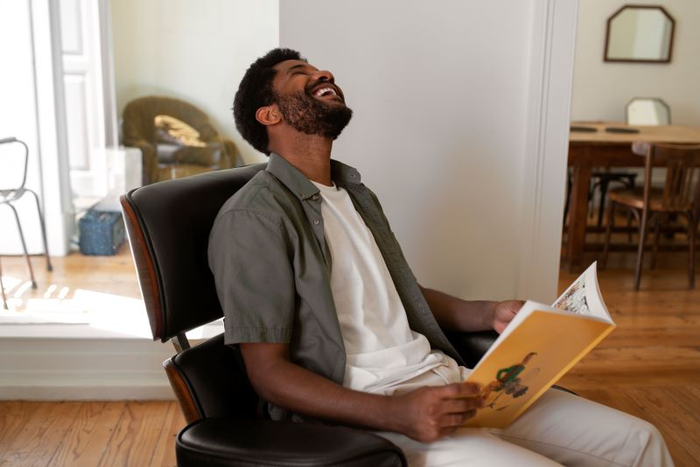
Image by freepik
Challenging the Stigma:
There’s a misconception that vulnerability is a sign of weakness, particularly within the Black community. This stereotype needs to be challenged. Black men who prioritize their mental well-being and openly express their emotions are not betraying their masculinity; they lead by example. They are showing others that it’s okay to not be “strong” all the time and that seeking help is a sign of strength and self-care.
Resources for Black Men for Mental Health:
- Boris Lawrence Henson Foundation
- Black Emotional and Mental Health Collective (BEAM) Black Virtual Wellness Directory
- Alkeme Health
- Psychology Today | Black and African American Therapists Directory
- Talkspace
- 988 Diaspora Campaign List of Culturally Competent Mental Health Providers in Philadelphia
Click here to learn about FunTimes Magazine‘s 988 Diaspora Campaign for Mental Health
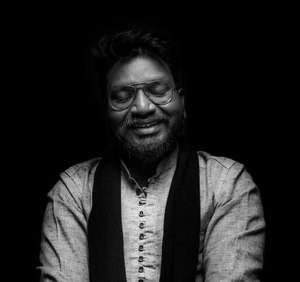
Anand Subramanian is a freelance photographer and content writer based out of Tamil Nadu, India. Having a background in Engineering always made him curious about life on the other side of the spectrum. He leapt forward towards the Photography life and never looked back. Specializing in Documentary and Portrait photography gave him an up-close and personal view into the complexities of human beings and those experiences helped him branch out from visual to words. Today he is mentoring passionate photographers and writing about the different dimensions of the art world.


